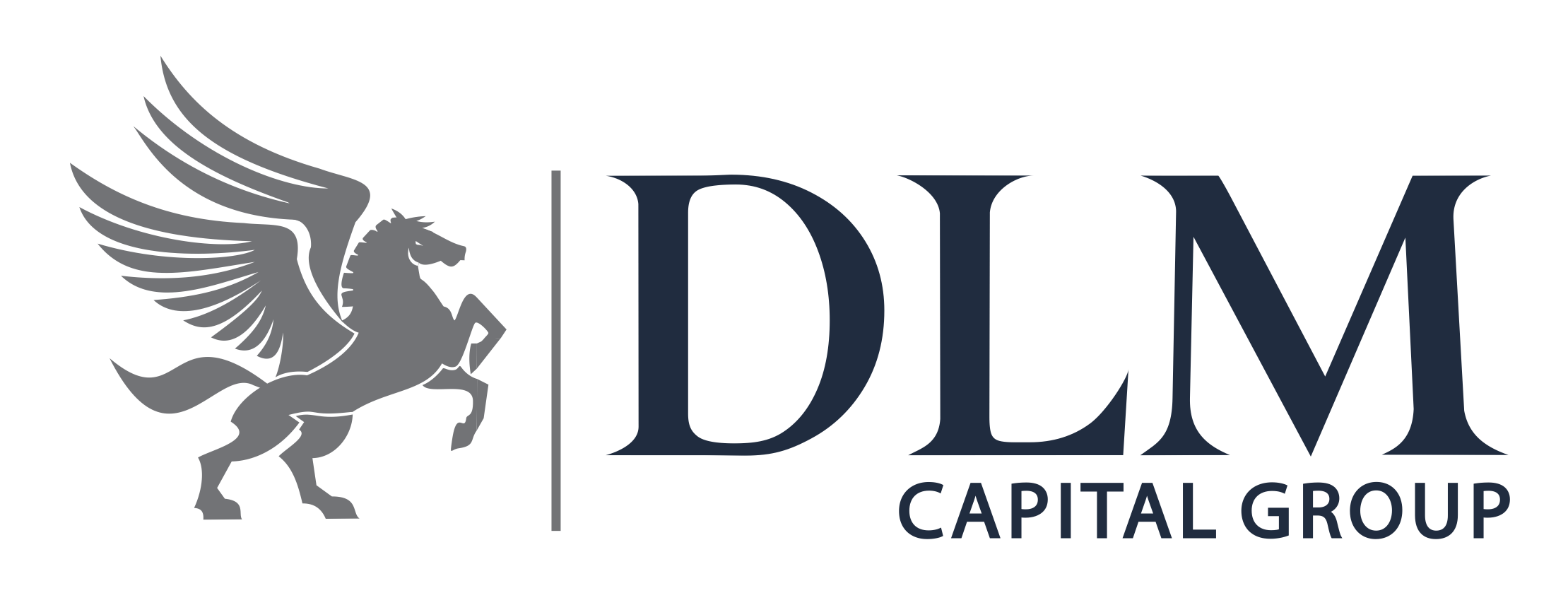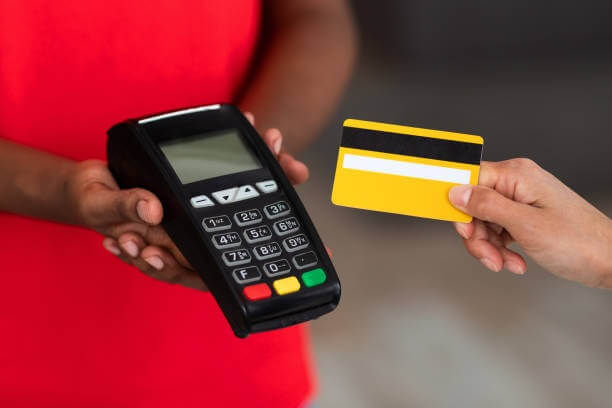- Firms Complain of Naira Shortage to Buy Dollars
A Central Bank of Nigeria requirement that companies back forward dollar purchases with naira is drying up supplies of the local currency.
The development has helped to underpin a 2.1 per cent gain since the naira fell to a record low against the greenback on August 9.
Also, an increase in the Federal Government’s borrowing is spurring commercial banks to invest in sovereign debts rather than lending to businesses or consumers, a situation that has also been draining cash out of the system.
Businesses were initially hit by dollar shortage several months ago. Now, naira scarcity is increasing, according to a Bloomberg report.
The Chief Financial Officer, May & Baker Nigeria Plc, a Lagos-based pharmaceutical and food processing firm, Ayodeji Aboderin, said some banks were demanding naira deposits of as much as 1.5 times the amount of dollars sought in the 60-day forwards market in order to guard against fluctuations in the currency.
He said the development was putting pressure on the company’s cash flow.
According to him, the difference is returned to the company on the delivery of the contracts, with the amount depending on how the currencies have moved.
“Money you would have used as working capital will be taken upfront by the bank. Last year, it was more of dollar illiquidity. This year, it is naira illiquidity,” Aboderin said.
May & Baker, which is building the country’s first vaccine plant, is responding by cutting production at its water bottling and instant noodle units, and focusing on more profitable pharmaceutical lines, according to Aboderin.
He said interest rates on loans had also soared to as high as 25 per cent, more than double the rate the firm was comfortable paying.
Inflation eased to 16.05 per cent last month after reaching a record 18.7 per cent in January.
The currency rule, introduced in January, is one of a series of measures aimed at managing dollar flows after a decline in the price and output of crude oil, which accounts for about two-thirds of government revenue.
The regulator sells dollars directly to lenders on an almost weekly basis, which then supply these to their customers.
By depositing cash with lenders, companies are able to assure the regulator that they have the money to buy the currency, according to the Chief Executive Officer, Stanbic IBTC Holdings Plc, Yinka Sanni.
“It is within the rules. It is a product that is acceptable and endorsed by the regulator. No bank is doing anything outside the rules. If they were, the CEO would have been cautioned by the central bank,” Sanni stated.
A spokesman for the central bank didn’t respond to calls and emailed messages seeking comment.
Special auctions are being used by the central bank to make “massive injections of cash” to the government, effectively raised banks’ Cash Reserve Requirements beyond the stipulated 22.5 per cent, according to a member of the Monetary Policy Committee, Dr. Doyin Salami, who has previously been critical of the policies of the CBN Governor, Godwin Emefiele.
“We thus find ourselves at a point where government borrowing from the CBN is neutralised by raising the CRR of banks, thereby limiting private sector access to credit,” Salami said after the MPC’s July meeting.
A banking analyst at Afrinvest West Africa Limited, Omotola Abimbola, said the government’s efforts had in many ways helped to stabilise the foreign exchange market.
“But the unintended consequence has been that banks have restricted credit extension to the private sector due to the high yields on government securities as well as low risk appetite,” he added.
He said policymakers needed to tackle a lot more than dollar liquidity to bolster economic growth and reduce the country’s dependence on oil.
This will include easing monetary policy by lowering interest rates from a record high; addressing infrastructural shortcomings, such as road, rail and power; and improving the productivity of state institutions, he said.


 Forex4 weeks ago
Forex4 weeks ago
 Naira3 weeks ago
Naira3 weeks ago
 Billionaire Watch3 weeks ago
Billionaire Watch3 weeks ago



 Naira4 weeks ago
Naira4 weeks ago






 Naira3 weeks ago
Naira3 weeks ago


 Naira2 weeks ago
Naira2 weeks ago






 Naira2 weeks ago
Naira2 weeks ago
 Commodities4 weeks ago
Commodities4 weeks ago





















